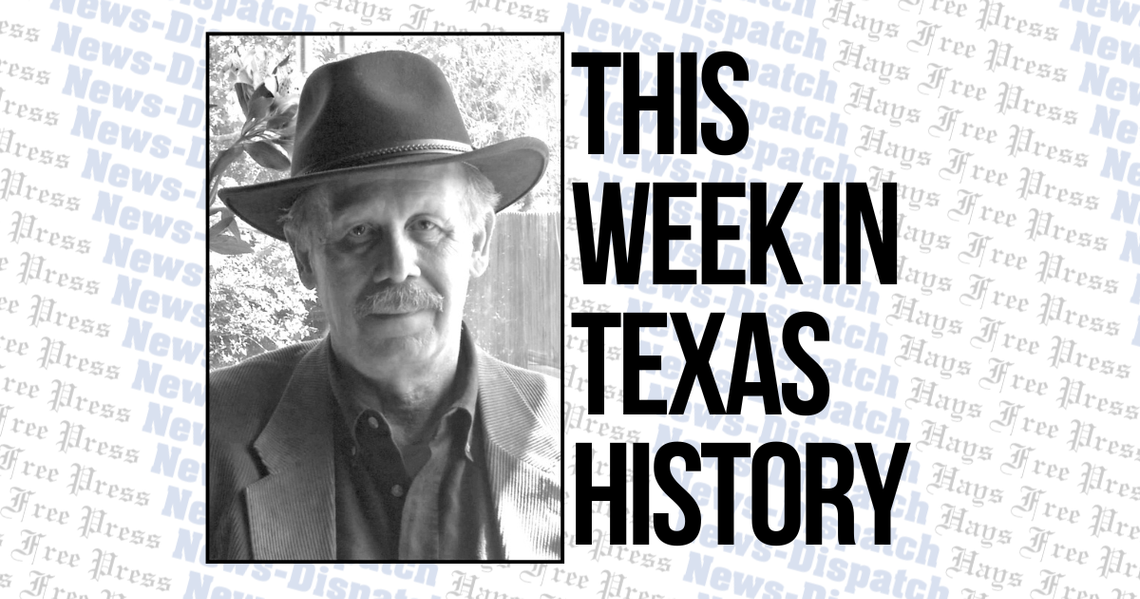An obscure Confederate major with a famous last name presented a secret proposal to the governor of Texas on Oct. 27, 1863. Next came the hard part -- convincing Francis Lubbock that he alone could save the South.
Summer setbacks had dealt a crippling blow to Confederate chances of a military victory. After the Battle of Gettysburg, Gen. Robert E. Lee’s Army of Virginia was in full retreat, and on the western front the fall of Vicksburg had split the South at the Mississippi.
Gone was the euphoric optimism of Bull Run, when Confederate forces looked invincible and their Northern foe seemed so second-rate. While Rebel generals and politicians gamely forecast a dramatic comeback, the weary warriors in the trenches sensed disastrous defeat was just around the bend.











